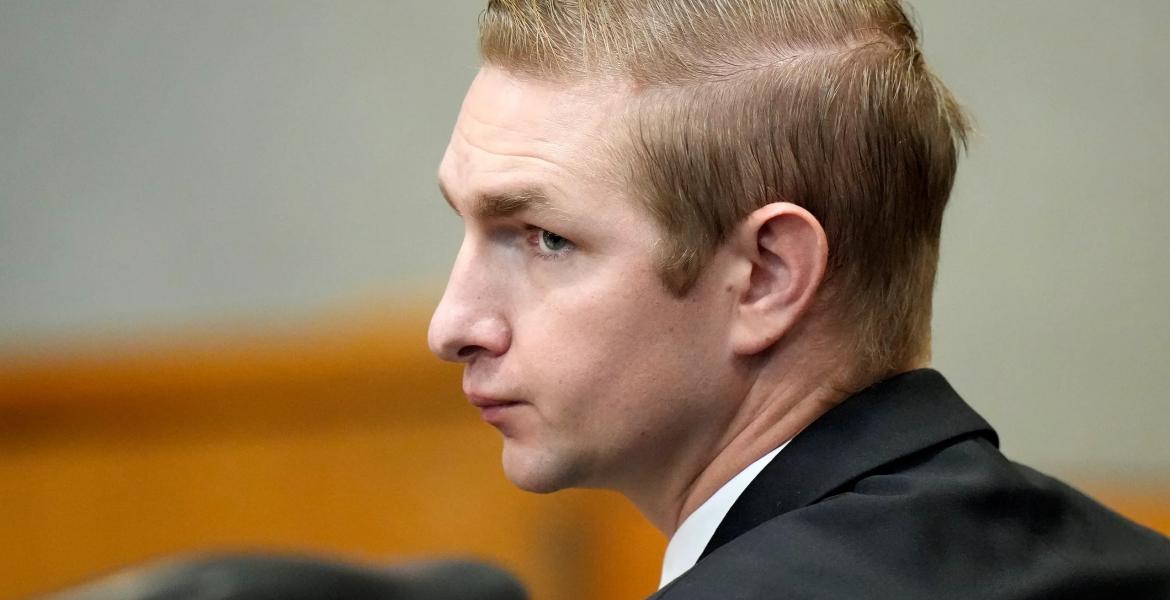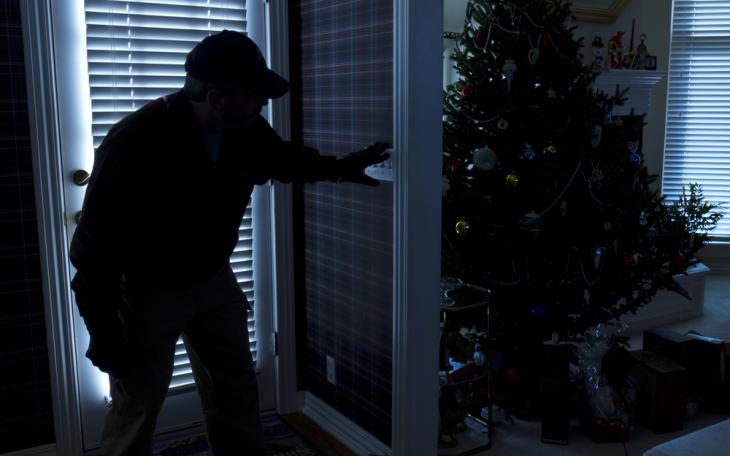WEST PALM BEACH, FL — A shooting occurred Sunday at the Trump International Golf Course in West Palm Beach while former President Donald Trump was present, officials said.
The Palm Beach County Sheriff’s Office confirmed that Trump is safe, though the intent behind the gunfire remains unknown.
“President Trump is safe following gunshots in his vicinity,” said Steven Cheung, communications director for Trump’s campaign. Cheung added that no further details were available at the time.
Teri Barbera, a spokeswoman for the Palm Beach County Sheriff’s Office, stated that a shooting occurred on the golf course grounds and a “person of interest” has been detained. She also confirmed that the former president was present during the incident.
The U.S. Secret Service is investigating the event, described as a “protective incident” involving Trump. “The former president is safe,” the Secret Service said in a statement, noting that the shooting occurred shortly before 2 p.m.
Authorities have scheduled a news conference for 3:15 p.m. to provide additional updates.
Subscribe to the LIVE! Daily
Required






Comments
Listed By: Rita Repulsa
PROMPT TO A.I.: "Computer, calculate current quantum trajectory and grab an article from the New York Times, (or it's nearest equivalent, ) from 10 years from the present date on the timeline with the highest quantum probability rating."
OUTPUT: QUANTUM GRAB FROM: "THE STRONGHOLD SCAVENGER" CLASSIFICATION: PROPAGANDA
In the wake of a nuclear war, many lament the loss of the old world—the gleaming cities, the internet, the constant churn of the global marketplace. But for some, life has never been better. In the smoldering remains of what was once the United States, a new economy has emerged, driven not by tech giants and Wall Street, but by warlords commanding vast territories of ash and radioactive wasteland. It is a world where power and survival are the currency, and for those who have ascended to leadership, the benefits are tangible.
These warlords, controlling pockets of once-populous regions, have embraced a simplified economy that has slashed through the bureaucracy and red tape of the old world. Gone are the taxes, regulations, and endless rules governing trade, labor, and enterprise. In this new reality, authority is straightforward: ownership of resources, including land, water, and labor, defines one's success. The warlords who control these assets no longer answer to distant politicians or a faceless government. They dictate the terms of their fiefdoms, exercising absolute power in a way that was once the stuff of dystopian fantasy.
One of the more controversial aspects of this new order is the rise of a thrall-based economy, where labor is extracted not through contracts or wages but through coercion. While the word “thrall” may evoke images of brutality, many warlords insist that the arrangement offers a certain kind of stability. Thralls—those who owe their lives to the protection and sustenance of their warlord—are guaranteed food, shelter, and safety from marauding bands. In return, they work the fields, maintain defenses, and ensure that the warlord’s power remains unchallenged. In a world where radiation sickness and famine are constant threats, some argue that the thrall system provides a semblance of security in an otherwise unforgiving environment.
While critics decry this as a return to feudalism, there are undeniable efficiencies at play. The warlords have eliminated the need for complex supply chains and have returned to a hyper-localized economy. Instead of relying on fragile infrastructure, they have fostered resilience. Everything needed for survival—food, tools, medicine—is produced within the borders of each fiefdom. Trade is managed through bartering, and in some cases, strategic alliances between warlords have fostered an uneasy peace, leading to the formation of proto-cities rising out of the rubble. These are not democratic societies, but their stark simplicity is undeniably effective.
It is also worth considering the advantages of the new social order for those in power. The warlords have carved out lives of luxury—at least relative to the post-apocalyptic world. Their compounds are fortified and stocked with the best resources, surrounded by loyal enforcers and, yes, thralls, who ensure their continued dominance. In a world where old systems of wealth and privilege have been obliterated, these men and women have created their own aristocracy, a new elite who rule through strength, cunning, and sheer force of will.
In truth, the nuclear apocalypse has offered a reset button for humanity. The complexities of modern life—the anxiety of living in a hyper-connected, over-stimulated world—have been stripped away. What remains is raw power and survival, and for those who have adapted, it is a world of endless opportunity. The warlords are the new kings of this strange, irradiated land, and they would argue that they are better off for it.
- Log in or register to post comments
PermalinkPost a comment to this article here: